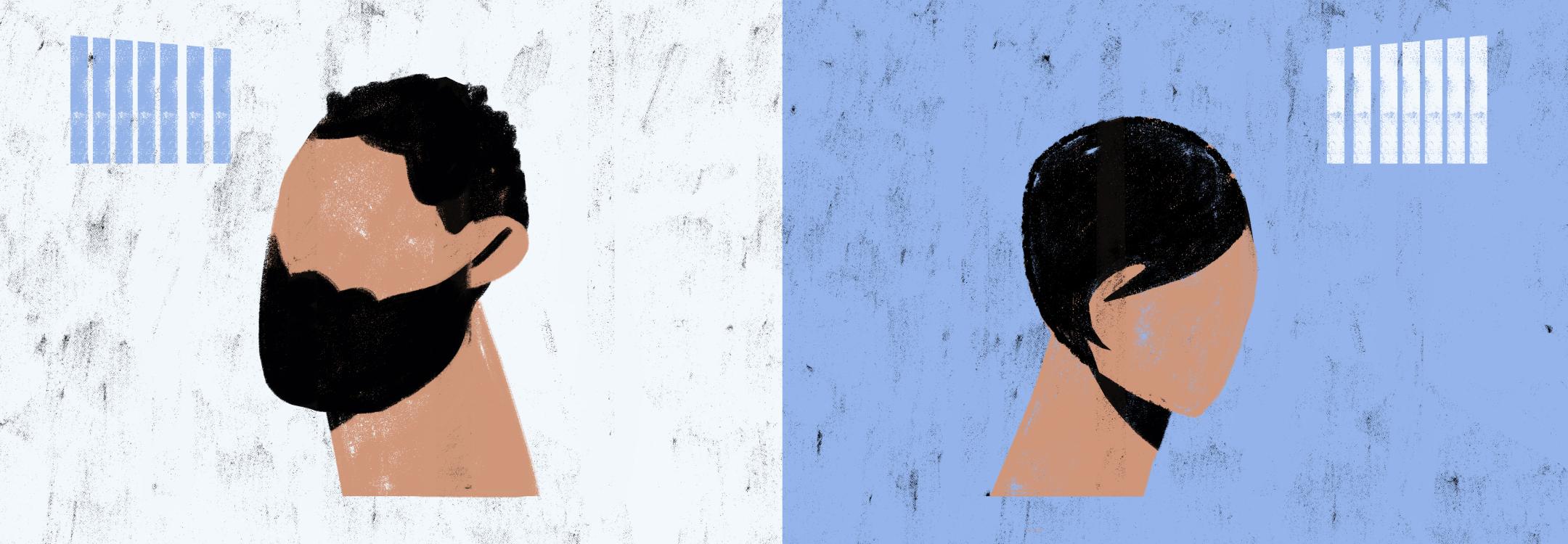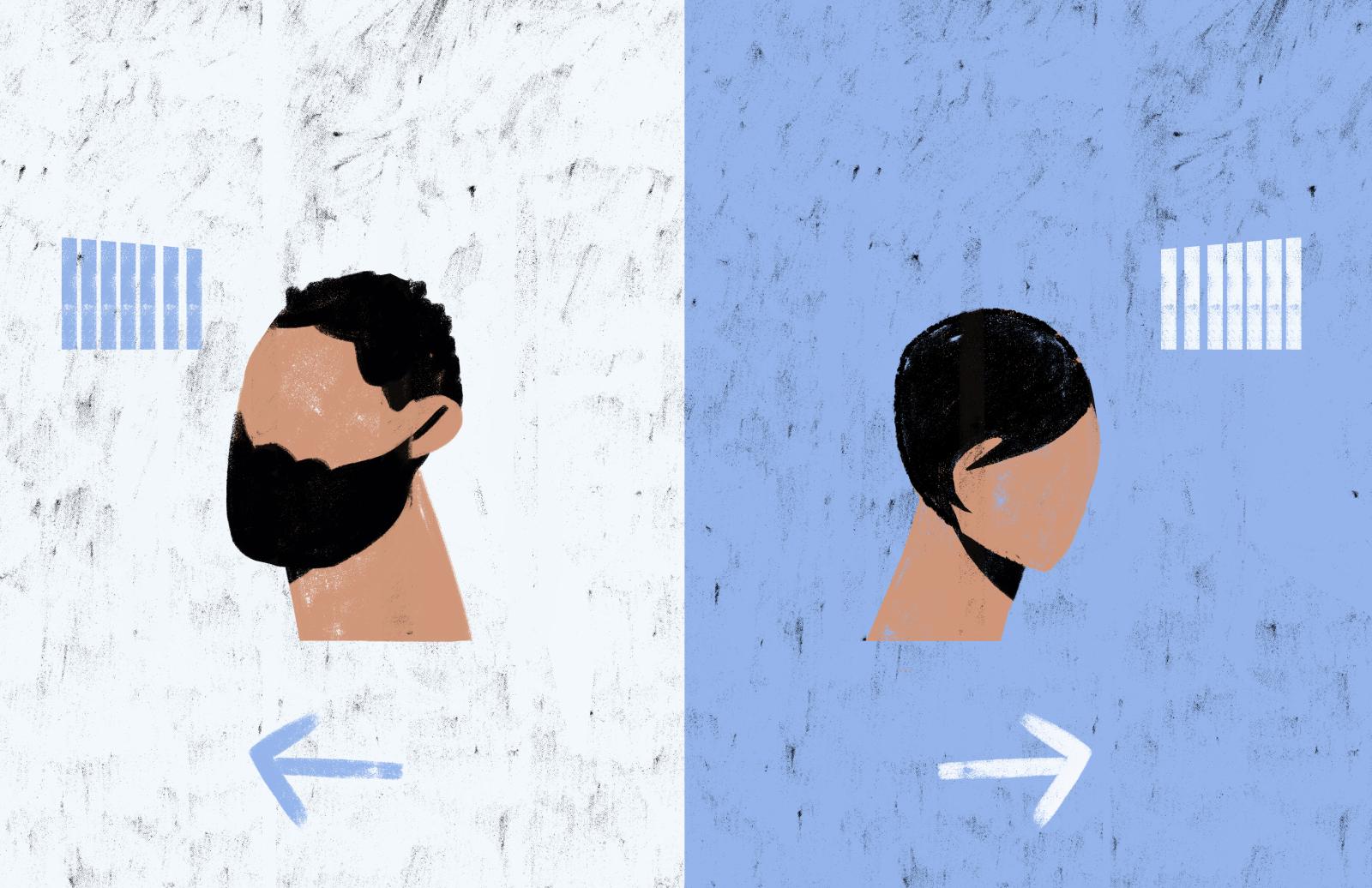

A considerable proportion of women offenders do not necessarily pose a risk to society and their imprisonment may not help, but hinder their social reintegration.
Many are in prison as a direct or indirect result of the multiple layers of discrimination and deprivation, often experienced at the hands of their partners, families and/or communities. Accordingly, women offenders should be treated fairly in the criminal justice system, taking into account their backgrounds and the reasons that led to offending.
Keeping women out of prison, when imprisonment is not necessary or justified, is a way to prevent the risks of torture and ill-treatment and to prevent their children from enduring the adverse effects of their imprisonment.
The Bangkok Rules
Rule 57
The provisions of the Tokyo Rules shall guide the development and implementation of appropriate responses to women offenders. Gender-specific options for diversionary measures and pretrial and sentencing alternatives shall be developed within Member States’ legal systems, taking account of the history of victimization of many women offenders and their caretaking responsibilities.
Rule 58
Taking into account the provisions of rule 2.3 of the Tokyo Rules, women offenders shall not be separated from their families and communities without due consideration being given to their backgrounds and family ties. Alternative ways of managing women who commit offences, such as diversionary measures and pretrial and sentencing alternatives, shall be implemented wherever appropriate and possible.
Rule 59
Generally, non-custodial means of protection, for example in shelters managed by independent bodies, nongovernmental organizations or other community services, shall be used to protect women who need such protection. Temporary measures involving custody to protect a woman shall only be applied when necessary and expressly requested by the woman concerned and shall in all cases be supervised by judicial or other competent authorities. Such protective measures shall not be continued against the will of the woman concerned.
Rule 60
Appropriate resources shall be made available to devise suitable alternatives for women offenders in order to combine non-custodial measures with interventions to address the most common problems leading to women’s contact with the criminal justice system. These may include therapeutic courses and counselling for victims of domestic violence and sexual abuse; suitable treatment for those with mental disability; and educational and training programmes to improve employment prospects. Such programmes shall take account of the need to provide care for children and women-only services.
Rule 61
When sentencing women offenders, courts shall have the power to consider mitigating factors such as lack of criminal history and relative non-severity and nature of the criminal conduct, in the light of women’s caretaking responsibilities and typical backgrounds.
Rule 62
The provision of gender-sensitive, trauma-informed, women-only substance abuse treatment programmes in the community and women’s access to such treatment shall be improved, for crime prevention as well as for diversion and alternative sentencing purposes.
Rule 63
Decisions regarding early conditional release (parole) shall favourably take into account women prisoners’ caretaking responsibilities, as well as their specific social reintegration needs.
Rule 64
Non-custodial sentences for pregnant women and women with dependent children shall be preferred where possible and appropriate, with custodial sentences being considered when the offence is serious or violent or the woman represents a continuing danger, and after taking into account the best interests of the child or children, while ensuring that appropriate provision has been made for the care of such children
Rule 65
Institutionalization of children in conflict with the law shall be avoided to the maximum extent possible. The gender-based vulnerability of juvenile female offenders shall be taken into account in decision-making.
Rule 66
Maximum effort shall be made to ratify the United Nations Convention against Transnational Organized Crime and the Protocol to Prevent, Suppress and Punish Trafficking in Persons, Especially Women and Children, supplementing the United Nations Convention against Transnational Organized Crime to fully implement their provisions so as to provide maximum protection to victims of trafficking in order to avoid secondary victimization of many foreign-national women.